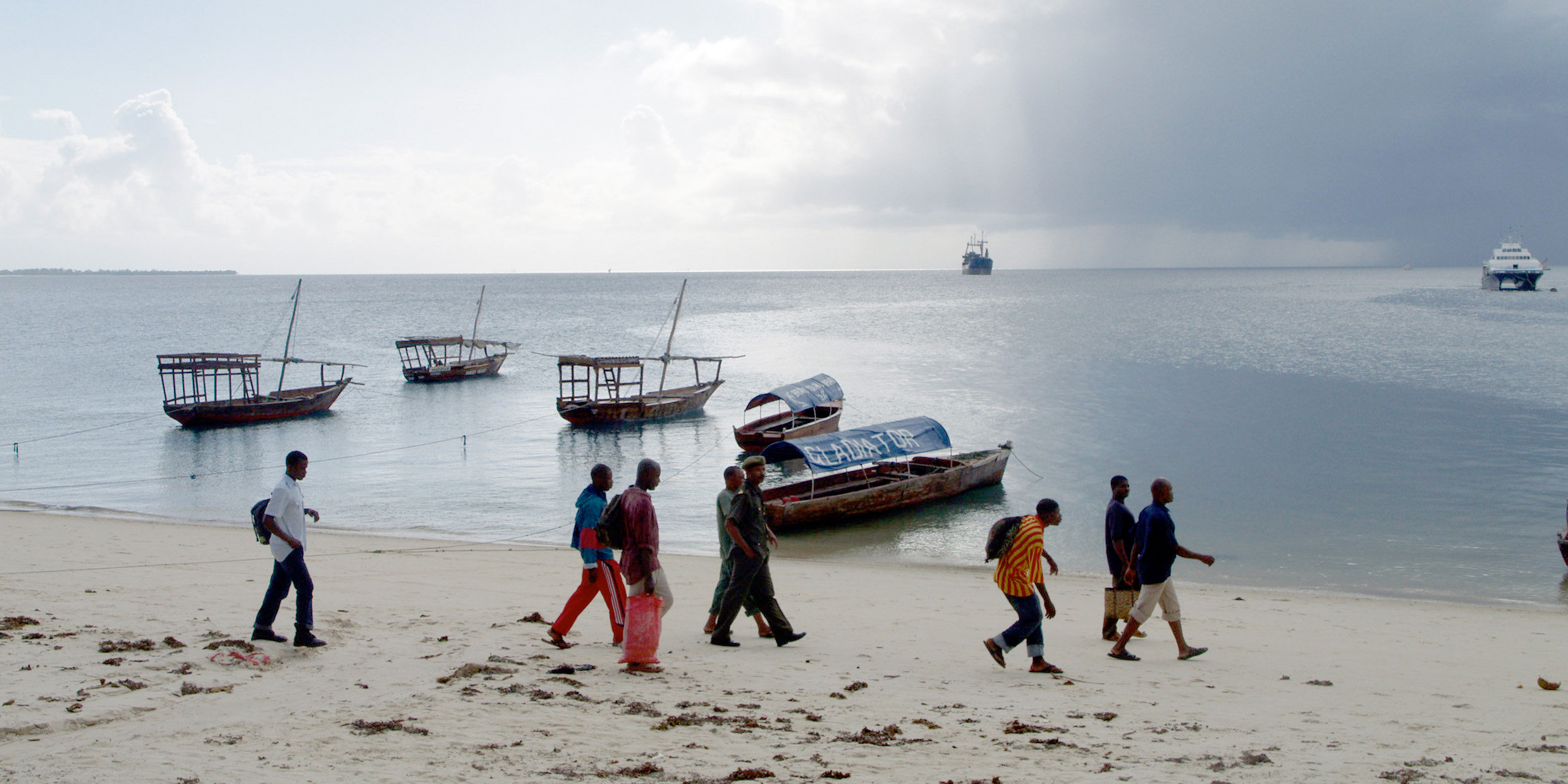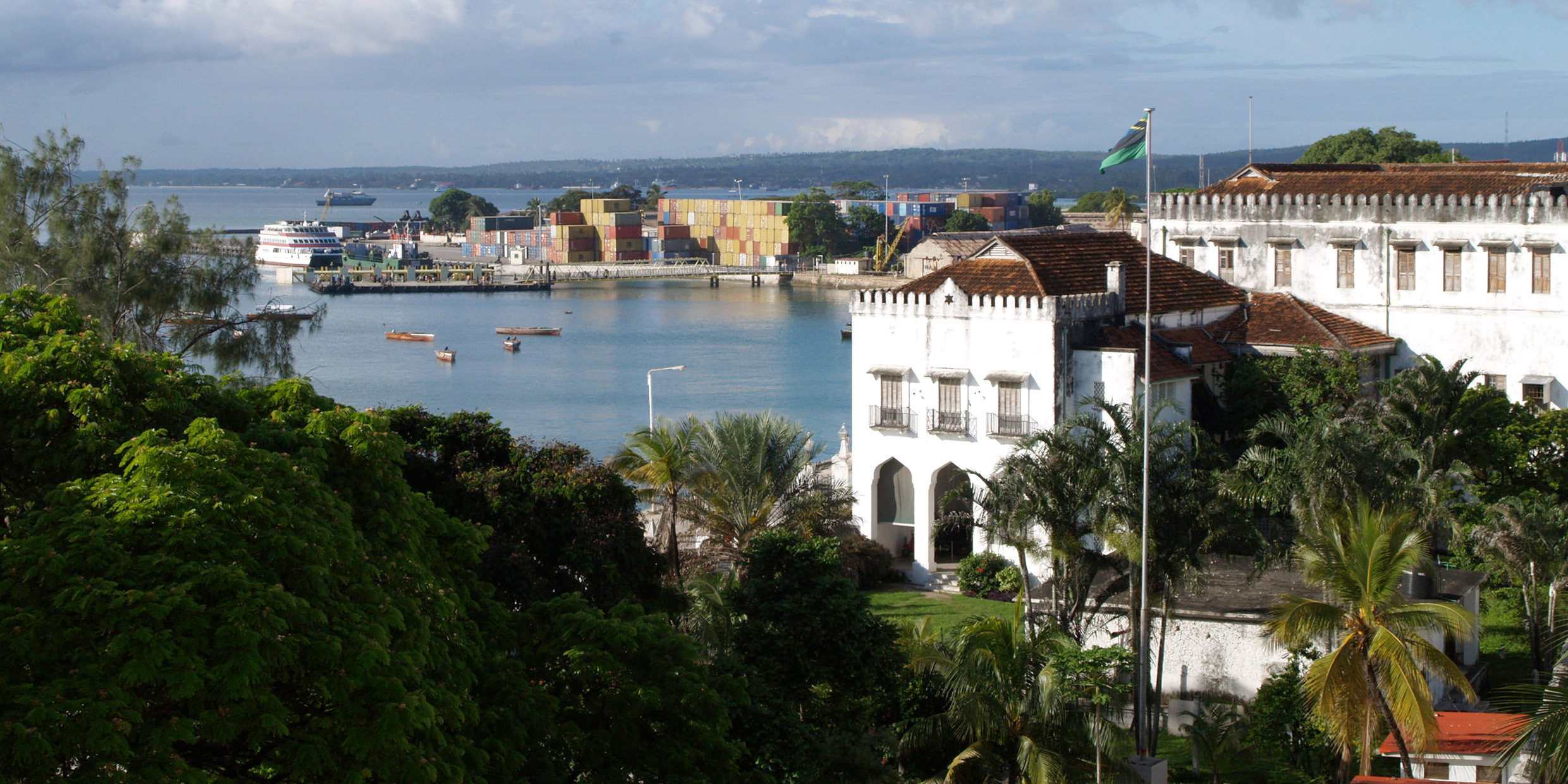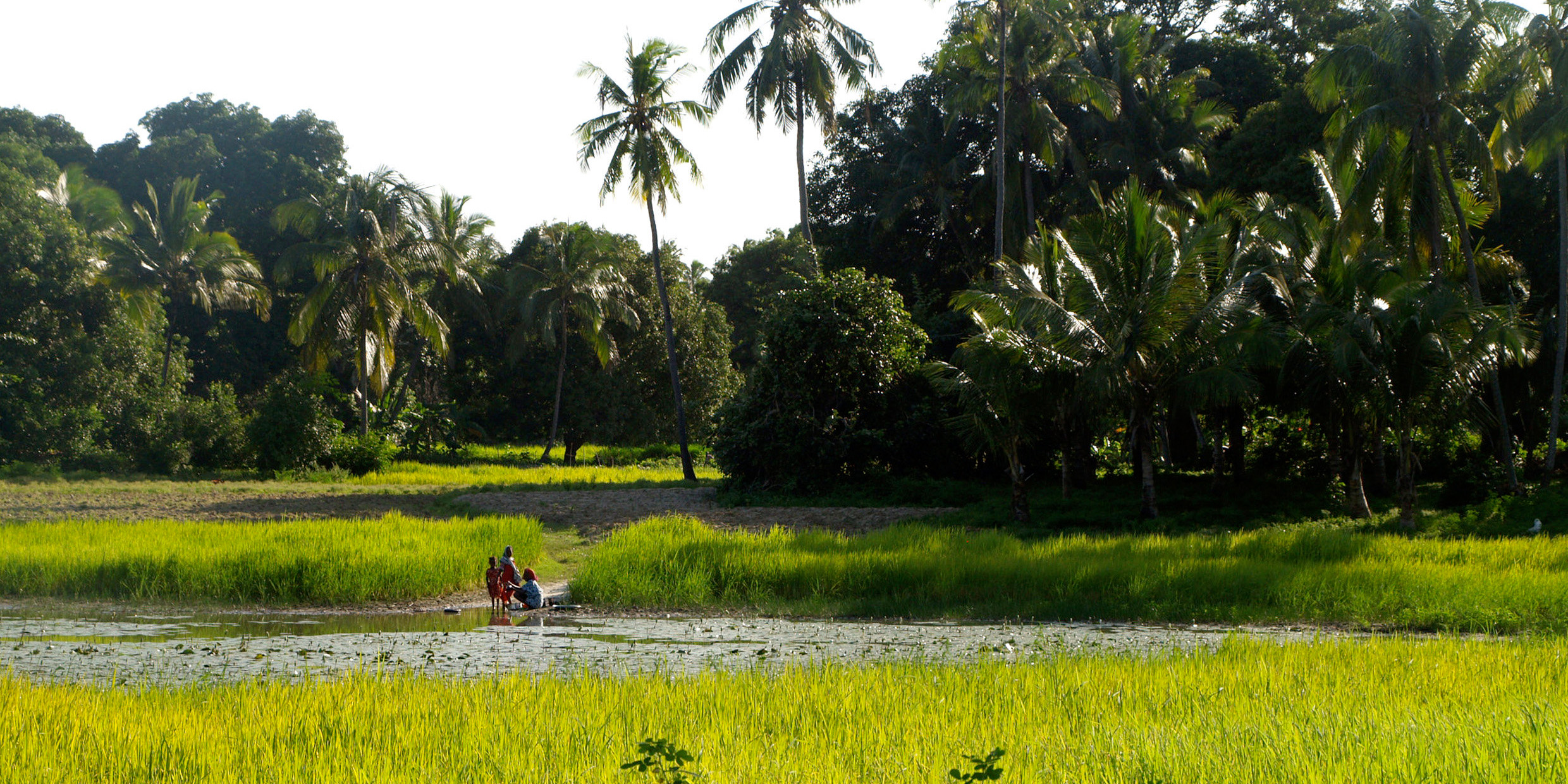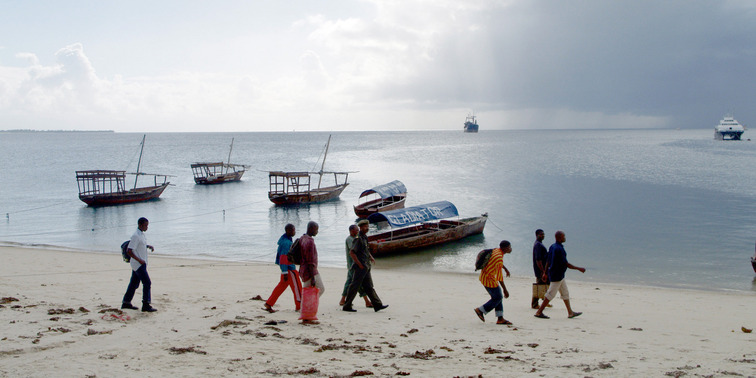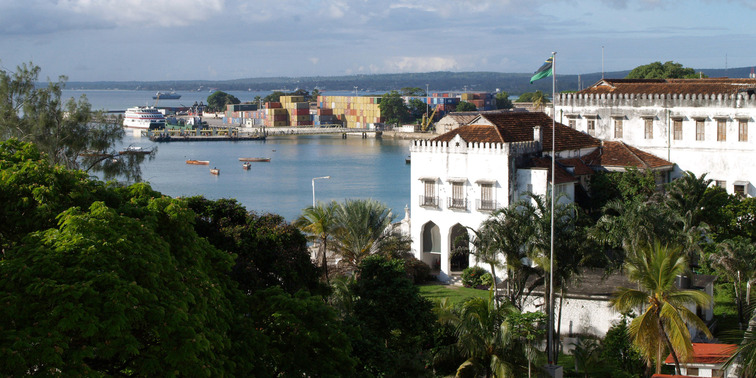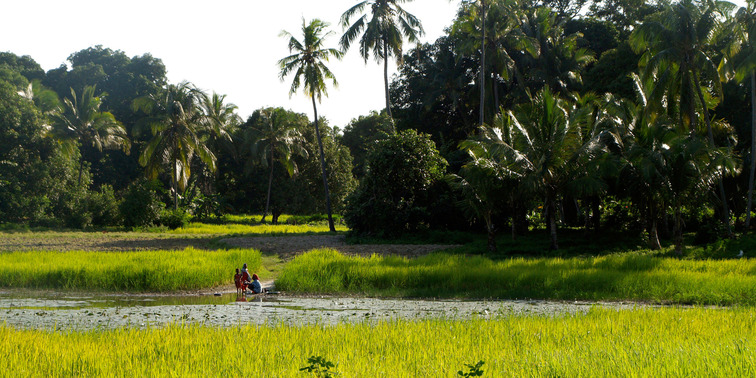- Current Line-Up
- Comedy
- Animation
- Documentary
- Drama
- Family Entertainment
- Thriller
- Upcoming
- Festival-Highlights
- Factual Entertainment
- Family Entertainment
- Fiction
- Lifestyle
- Scripted Reality
- Show
- Current Affairs
- Culture/Travel
- Docudrama
- HD Content
- Health/Food
- History
- Human Interest
- Market Premiere
- Nature/Wildlife
- Portrait
- Religion
- Science
- Market Premiere
- Series
- Action/Adventure
- Thriller/Crime
- Drama
- Mini Series
- Event Movie
- Comedy
- Romance
- Family Entertainment
- Animation
- Movie Collection
- Feature Film
- HD Content
- Fiction English
- Feature Classic
- No linguistic content
- Common
- German
- English
- French
- Spanish
- Italian
- Turkish
- All
- Abkhazian
- Achinese
- Acoli
- Adangme
- Adygei
- Adyghe
- Afar
- Afrihili
- Afrikaans
- Afro-Asiatic (Other)
- Ainu
- Akan
- Akkadian
- Albanian
- Alemannic
- Aleut
- Algonquian languages
- Altaic (Other)
- Amharic
- Angika
- Apache languages
- Arabic
- Aragonese
- Arapaho
- Arawak
- Armenian
- Aromanian
- Artificial (Other)
- Arumanian
- Assamese
- Asturian
- Athapascan languages
- Australian languages
- Austronesian (Other)
- Avaric
- Avestan
- Awadhi
- Aymara
- Azerbaijani
- Bable
- Balinese
- Baltic (Other)
- Baluchi
- Bambara
- Bamileke languages
- Banda languages
- Bantu (Other)
- Basa
- Bashkir
- Basque
- Batak languages
- Beja
- Belarusian
- Bemba
- Bengali
- Berber (Other)
- Bhojpuri
- Bihari
- Bikol
- Bilin/Blin
- Bini/Edo
- Bislama
- Blin
- Bokmål, Norwegian
- Bosnian
- Braj
- Breton
- Buginese
- Bulgarian
- Buriat
- Burmese
- Caddo
- Cantonese
- Catalan
- Caucasian (Other)
- Cebuano
- Celtic (Other)
- Central American Indian (Other)
- Chagatai
- Chamic languages
- Chamorro
- Chechen
- Cherokee
- Chewa
- Cheyenne
- Chibcha
- Chichewa
- Chinese
- Chinook jargon
- Chipewyan
- Choctaw
- Chuang
- Church Slavic
- Church Slavonic
- Chuukese
- Chuvash
- Classical Nepal Bhasa
- Classical Newari
- Classical Syriac
- Cook Islands Maori
- Coptic
- Cornish
- Corsican
- Cree
- Creek
- Creoles and pidgins (Other)
- Creoles and pidgins, English based (Other)
- Creoles and pidgins, French-based (Other)
- Creoles and pidgins, Portuguese-based (Other)
- Crimean Tatar
- Crimean Turkish
- Croatian
- Cushitic (Other)
- Czech
- Dakota
- Danish
- Dargwa
- Delaware
- Dhivehi
- Dimili
- Dimli
- Dinka
- Divehi
- Dogri
- Dogrib
- Dravidian (Other)
- Duala
- Dutch
- Dutch, Middle (ca.1050-1350)
- Dyula
- Dzongkha
- Eastern Frisian
- Edo
- Efik
- Egyptian (Ancient)
- Ekajuk
- Elamite
- English, Middle (1100-1500)
- English, Old (ca.450-1100)
- Erzya
- Esperanto
- Estonian
- Ewe
- Ewondo
- Fang
- Fanti
- Faroese
- Fijian
- Filipino
- Finnish
- Finno-Ugrian (Other)
- Flemish
- Fon
- French (Canadian)
- French (Parisian)
- French, Middle (ca.1400-1600)
- French, Old (842-ca.1400)
- Friulian
- Fulah
- Ga
- Gaelic
- Galibi Carib
- Galician
- Ganda
- Gayo
- Gbaya
- Geez
- Georgian
- German, Low
- German, Middle High (ca.1050-1500)
- German, Old High (ca.750-1050)
- Germanic (Other)
- Gikuyu
- Gilbertese
- Gondi
- Gorontalo
- Gothic
- Grebo
- Greek
- Greek, Ancient (to 1453)
- Greenlandic
- Guarani
- Gujarati
- Gwich'in
- Haida
- Haitian
- Haitian Creole
- Hausa
- Hawaiian
- Hebrew
- Herero
- Hiligaynon
- Himachali
- Hindi
- Hiri Motu
- Hittite
- Hmong
- Hungarian
- Hupa
- Iban
- Icelandic
- Ido
- Igbo
- Ijo languages
- Iloko
- Imperial Aramaic (700-300 BCE)
- Inari Sami
- Indic (Other)
- Indo-European (Other)
- Indonesian
- Ingush
- Interlingua
- Interlingue
- Inuktitut
- Inupiaq
- Iranian (Other)
- Irish
- Irish, Middle (900-1200)
- Irish, Old (to 900)
- Iroquoian languages
- Japanese
- Javanese
- Jingpho
- Judeo-Arabic
- Judeo-Persian
- Kabardian
- Kabyle
- Kachin
- Kalaallisut
- Kalmyk
- Kamba
- Kannada
- Kanuri
- Kara-Kalpak
- Karachay-Balkar
- Karelian
- Karen languages
- Kashmiri
- Kashubian
- Kawi
- Kazakh
- Khasi
- Khmer (Cambodian)
- Khoisan (Other)
- Khotanese
- Kikuyu
- Kimbundu
- Kinyarwanda
- Kirdki
- Kirghiz
- Kirmanjki
- Klingon
- Komi
- Kongo
- Konkani
- Korean
- Kosraean
- Kpelle
- Kru languages
- Kuanyama
- Kumyk
- Kurdish
- Kurukh
- Kutenai
- Kwanyama
- Kyrgyz
- Ladino
- Lahnda
- Lamba
- Land Dayak languages
- Lao
- Latin
- Latvian
- Lezghian
- Limburgan
- Limburger
- Limburgish
- Lingala
- Lithuanian
- Lojban
- Low German
- Low Saxon
- Lower Sorbian
- Lozi
- Luba-Katanga
- Luba-Lulua
- Luiseno
- Lule Sami
- Lunda
- Luo (Kenya and Tanzania)
- Lushai
- Luxembourgish
- Macedo-Romanian
- Macedonian
- Madurese
- Magahi
- Maithili
- Makasar
- Malagasy
- Malay
- Malayalam
- Maldivian
- Maltese
- Manchu
- Mandar
- Mandarin
- Mandingo
- Manipuri
- Manobo languages
- Manx
- Maori
- Mapuche
- Mapudungun
- Marathi
- Mari
- Marshallese
- Marwari
- Masai
- Mayan languages
- Mende
- Mi'kmaq
- Micmac
- Minangkabau
- Mirandese
- Mohawk
- Moksha
- Moldavian
- Mon-Khmer (Other)
- Mongo
- Mongolian
- Mossi
- Multiple languages
- Munda languages
- N'Ko
- Nahuatl languages
- Nauru
- Navaho
- Navajo
- Ndebele, North
- Ndebele, South
- Ndonga
- Neapolitan
- Nepal Bhasa
- Nepali
- Newari
- Nias
- Niger-Kordofanian (Other)
- Nilo-Saharan (Other)
- Niuean
- Nogai
- Norse, Old
- North American Indian
- North Ndebele
- Northern Frisian
- Northern Sami
- Northern Sotho
- Norwegian
- Norwegian Bokmål
- Norwegian Nynorsk
- Nubian languages
- Nyamwezi
- Nyanja
- Nyankole
- Nynorsk, Norwegian
- Nyoro
- Nzima
- Occitan (post 1500)
- Official Aramaic (700-300 BCE)
- Oirat
- Ojibwa
- Old Bulgarian
- Old Church Slavonic
- Old Newari
- Old Slavonic
- Oriya
- Oromo
- Osage
- Ossetian
- Ossetic
- Otomian languages
- Pahlavi
- Palauan
- Pali
- Pampanga
- Pangasinan
- Panjabi
- Papiamento
- Papuan (Other)
- Pedi
- Persian
- Persian, Old (ca.600-400 B.C.)
- Philippine (Other)
- Phoenician
- Pilipino
- Pohnpeian
- Polish
- Portuguese
- Portuguese (Brazilian)
- Prakrit languages
- Provençal
- Provençal, Old (to 1500)
- Punjabi
- Pushto
- Quechua
- Rajasthani
- Rapanui
- Rarotongan
- Reserved for local use
- Romance (Other)
- Romanian
- Romansh
- Romany
- Rundi
- Russian
- Salishan languages
- Samaritan Aramaic
- Sami languages (Other)
- Samoan
- Sandawe
- Sango
- Sanskrit
- Santali
- Sardinian
- Sasak
- Saxon, Low
- Scots
- Scottish Gaelic
- Selkup
- Semitic (Other)
- Sepedi
- Serbian
- Serbo-Croatian
- Serer
- Shan
- Shona
- Sichuan Yi
- Sicilian
- Sidamo
- Sign Languages
- Siksika
- Sindhi
- Sinhala
- Sinhalese
- Sino-Tibetan (Other)
- Siouan languages
- Skolt Sami
- Slave (Athapascan)
- Slavic (Other)
- Slovak
- Slovenian
- Sogdian
- Somali
- Songhai languages
- Soninke
- Sorbian languages
- Sotho, Northern
- Sotho, Southern
- South American Indian (Other)
- South Ndebele
- Southern Altai
- Southern Sami
- Spanish (Castilian)
- Spanish (Latin American)
- Sranan Tongo
- Sukuma
- Sumerian
- Sundanese
- Susu
- Swahili
- Swati
- Swedish
- Swiss German
- Syriac
- Tagalog
- Tahitian
- Tai (Other)
- Taiwanese
- Tajik
- Tamashek
- Tamil
- Tatar
- Telugu
- Tereno
- Tetum
- Thai
- Tibetan
- Tigre
- Tigrinya
- Timne
- Tiv
- Tlingit
- Tok Pisin
- Tokelau
- Tonga (Nyasa)
- Tonga (Tonga Islands)
- Tsimshian
- Tsonga
- Tswana
- Tumbuka
- Tupi languages
- Turkish, Ottoman (1500-1928)
- Turkmen
- Tuvalu
- Tuvinian
- Twi
- Udmurt
- Ugaritic
- Uighur
- Ukrainian
- Umbundu
- Uncoded languages
- Undetermined
- Upper Sorbian
- Urdu
- Uyghur
- Uzbek
- Vai
- Valencian
- Venda
- Vietnamese
- Volapük
- Votic
- Wakashan languages
- Walamo
- Walloon
- Waray
- Washo
- Welsh
- Western Frisian
- Wolof
- Xhosa
- Yakut
- Yao
- Yapese
- Yiddish
- Yoruba
- Yugoslavian
- Yupik languages
- Zande languages
- Zapotec
- Zaza
- Zazaki
- Zenaga
- Zhuang
- Zulu
- Zuni
- tlhIngan-Hol
Zanzibar - Spices, Ghosts and Associates (38/59)
Christian und Dorlie Fuchs / Travel/Tourism, Culture/Tradition/Anthropology/Ethnic studies
German [OV]
00h45h00h00 min
Zanzibar - Spices, Ghosts and Associates (38/59)
Zanzibar means "Island of the black". For centuries, the island group around the main islands Unguja and Pemba which is surrounded by coral reefs was one of the most important slave markets in the world. The major part of the current population is made up by descendants of former slaves from Africa. Although 97 per cent of the inhabitants are Muslims, there are still relics of the original nature religions to be found today. At least from the 19th century on Sansibar was considered as the most important producer of cloves. The islands were highly coveted - at first by the Arabians, then the Portuguese, Germans and Britain. Their bequests are still visible today, for example those of the Sultanate of Oman which transferred its seat of government from Muscat to Sansibar due to the importance of the spice and slave dealing for its national budget. By the end of the 19th century, Zanzibar became a British protectorate. This was also the time in which the story of Emily Ruete alias Salme, princess of Oman and Sansibar took place - she is considered as the most famous former inhabitant of Sansibar. The palace from which the princess escaped in order to marry a German merchant in Hamburg, is a tourist magnet which is currently being renovated. In 1963 finally, after Zanzibar was freed from the British colonial administration, it became part of the territory of Tanzania.
New:
- Cape Town - South Africa's City of Contradictions
- Costa Rica - Central America's Green Treasure
- Oman - Oasis of the Orient
- Myanmar Land of the Golden Pagodas
- Bhutan: In the Land of the Thunder Dragon
- Morocco - The Road of 1000 Kasbahs
- Canada: The Northwest - Summer in the Arctic Circle
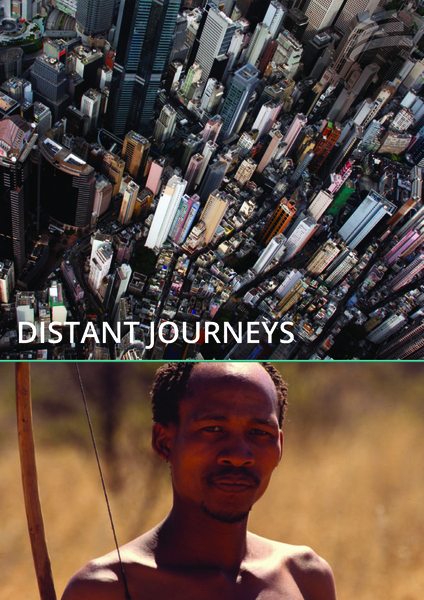
Key Information
| Original Title | Reisen in ferne Welten: Sansibar - Gewürze Geister und Genossen |
| Genre |
Travel/Tourism Culture/Tradition/Anthropology/Ethnic studies |
| Produced by: | Saarländischer Rundfunk (SR) |
| Year Of Production | 2012 |
| Duration | 00h45h00h00 min |
| Country Of Origin | Germany |
| Language Versions | German [OV] |
Cast & Crew
| Director/s | Christian und Dorlie Fuchs |
| Cast | |
| Producer/s | |
| Writer/s |

